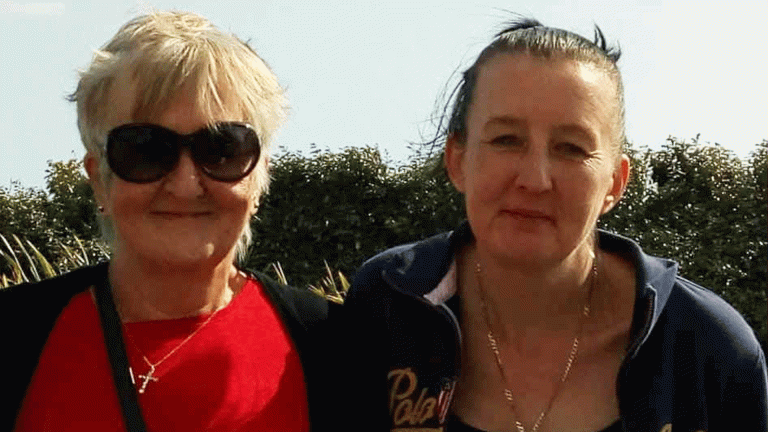What should the urban spaces of the future look like? Many city planners, policymakers, and trendspotters today are obsessed with complicated digital ‘solutions’ to the problems of urban life, such as autonomous vehicles, sensor-embedded streets, and delivery drones. But I’d argue that those are just higher-tech versions of the status quo.
In contrast, the future of cities should be shaped by an idea that first found large-scale expression in the UK one hundred years ago: the right to good housing for everyone. The 1919 Addison Act provided financing for the construction of half a million council houses, which more than any other policy embodied the idea of a right to housing. This year’s 100th anniversary is a good opportunity to think about the role public housing should play in the towns and cities of the future.
Society and politics today are dominated by multiple, intersecting crises. Not only is there a housing crisis, with spiking rates of unaffordability, overcrowding, displacement, and homelessness in cities across the UK and around the world. There’s also a climate crisis, which threatens human existence and requires radically new forms of inhabiting and moving through cities. At the same time, there’s a political crisis, as states are increasingly unable to ensure that their citizens can access the resources to live decent lives. All of these crises are driven by systems dominated by market mechanisms, and exacerbated by inequality.
It’s notable how many of these crises could be addressed with a new commitment to building well-designed public housing at scale. This isn’t an unrealistic idea, as the experience of public housing in the UK and other countries show. In fact, at many points in urban history, it was precisely maintaining the status quo that was unrealistic.
One such moment was the early 20th century. Cities began building public housing and adopting other urban reforms because the unequal cityscape which fuelled their wealth also threatened to destroy the whole system. Elites were terrified of the combined threats of disease and insurrection emanating from the ‘slums’. This provided a political opportunity for the tenant organisers and municipal socialists who were struggling for better housing for the poor and working class.
The status quo can’t continue. The housing crisis is undermining urban life
The council housing and other public facilities that emerged as a result of this situation was never allowed to fully live up to the utopian ambitions of its theorists and proponents. But it did provide good homes for millions of people. And it showed that, with the political will, the right to housing could be made a reality.









